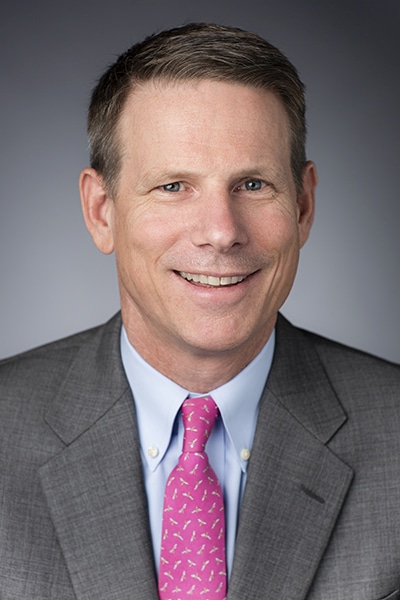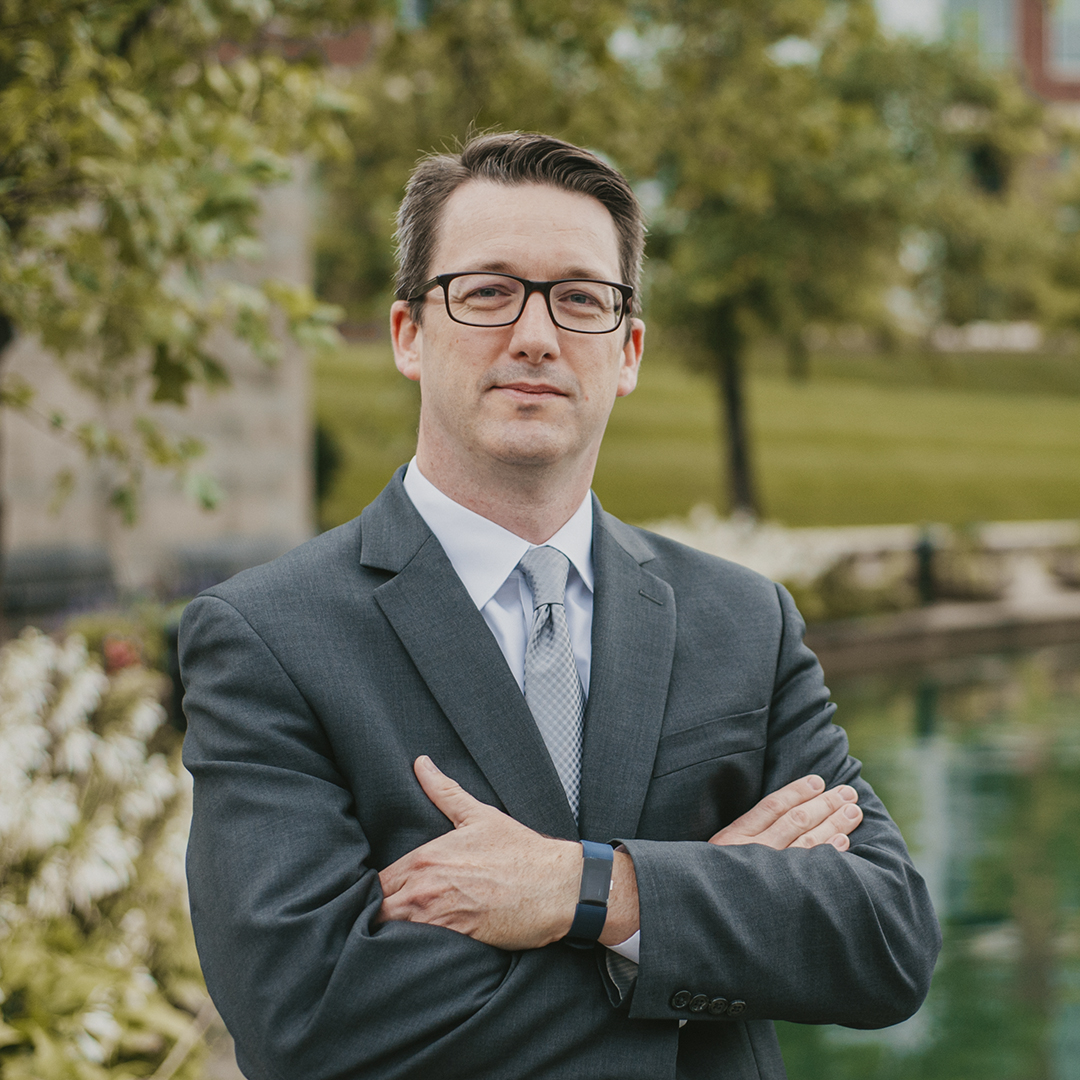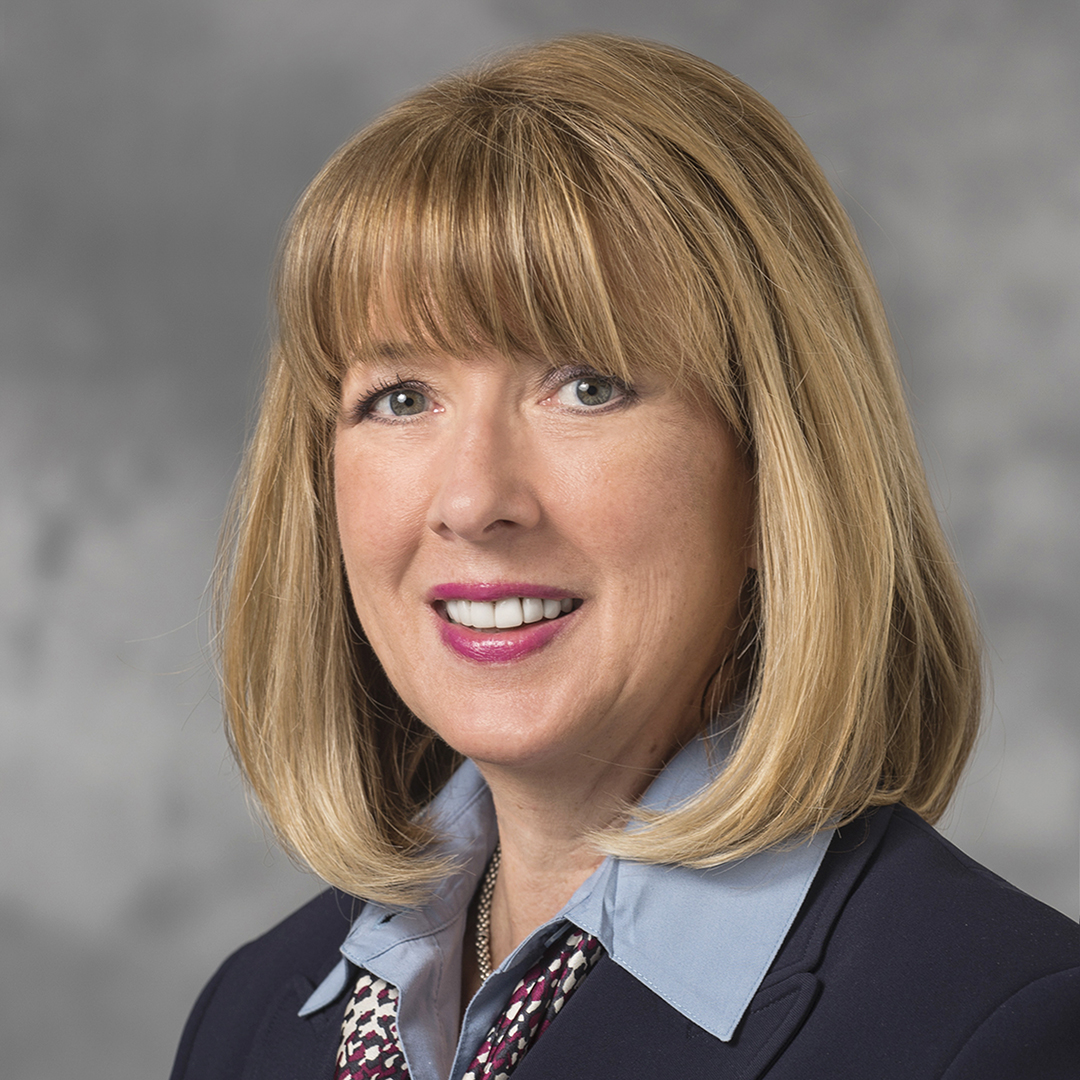Ben H. Lewis has spent his entire professional life involved with retirement planning. From his first job explaining benefits to a live audience of retirees to his current position as senior managing director and head of institutional sales at TIAA Individual & Institutional Services LLC, Lewis has dedicated himself to helping Americans understand why they should save for retirement—and how they can save.

A Fortune 100 financial services organization, TIAA specializes in retirement planning for educators and healthcare professionals. “Income is the outcome,” Lewis says. “We focus on helping people get a steady stream of income in retirement—which is critical to avoid the risk of outliving your savings. Our commitment to improving outcomes is best demonstrated by the $459 billion in lifetime income benefits we’ve paid to retired participants since our founding in 1918.”
But as Lewis has learned over the years, ample money itself is not always the biggest obstacle in guaranteeing that steady stream of income.
“Financial literacy was a huge challenge when I first started out and it’s still a challenge today,” he notes. “People want to pretend money troubles don’t exist, that it’s not a problem. But turning a blind eye doesn’t mean it’ll turn out any better.
“So, the first step is to just get people engaged,” Lewis continues, “engaged long enough that they reflect on and learn more about their individual financial needs, which are basic to their own survival and well-being.”
At TIAA, Lewis and his colleagues work to engage healthcare employees and employers alike in strategic retirement planning discussions.
For healthcare employers, Lewis explains, retirement planning is critical to “recruiting, retaining, and retiring.” Today, millennials are joining the healthcare workforce in record numbers at the same time that baby boomers are exiting the workplace. But those baby boomers are retiring slowly, notes the senior managing director, often leaving the workplace well past the time they should be.
This is unprecedented, Lewis says. For the first time in history, five generations are working side-by-side in the US workforce. And as might be expected, this is causing some unprecedented issues.
“Employers are facing rising healthcare costs with an aging workforce. But because baby boomers are delaying retirement, employers are also seeing a disruption in their efforts to recruit and retain Gen Xers and millennials trying to move up in the workforce,” Lewis describes.
But when healthcare institutions offer structured benefit programs that help employees retire on time—and educate employees about those programs—those disruptions become much easier to navigate, if not avoid altogether. And as Lewis points out, the benefits to healthcare employers don’t stop there.
“You have to make information personal if you expect it to resonate with the listener—especially if you expect them to take action on what they’ve learned.”
“Financial stress has a huge impact on the workplace and on employee productivity,” Lewis says. “And it isn’t created by retirement worries alone. Nearly half of Gen Xers have provided some level of financial support for a grown child in the last year, and just under a quarter of them are providing support for an aging parent.
“That puts pressure on them to pursue career advancement,” Lewis continues, “to help them to increase their savings, and to increase their retirement contributions.” Accordingly, Lewis says, employers that put a premium on retirement benefits and help alleviate financial pressures attract and retain employees who prove to be more loyal and more productive.
Employers obviously aren’t the only ones to benefit from an effective retirement planning process. TIAA works with healthcare institutions to create plans that are not only structured and informed but also tailored to each person’s needs and situation.
“No two individuals are alike,” Lewis emphasizes. “Each person has unique needs and financial pressures, so we need to be able to address a broad set of needs. Employees today are struggling with everything from student debt and affordable healthcare to long-term care for their aging parents.”
By helping people improve their general financial literacy, Lewis says, TIAA enables employees to better understand their situation and “gain confidence about the lifetime income that they would receive in retirement based on the actions they’re taking today.”
While TIAA’s financial literacy curriculums are comprehensive, accounting for an array of social determinants and other factors, they are also targeted and individualized, Lewis says.
“You can’t have a one-size-fits-all approach when it comes to communication and education about the retirement planning process,” he emphasizes. “You have to make information personal if you expect it to resonate with the listener—especially if you expect them to take action on what they’ve learned.”
According to Lewis, 76 percent of recently surveyed healthcare employees have taken action—to increase their contributions or change their asset allocation—based on a TIAA advice session.
“Education is incomplete without actionable advice,” Lewis says simply. “Folks don’t always feel comfortable or confident making financial decisions, especially with shifts in the healthcare industry and changing workforce dynamics. But with clear communication and education, people can really see that what they’re doing today will have a life-changing, positive impact for them down the road.”

